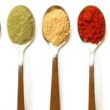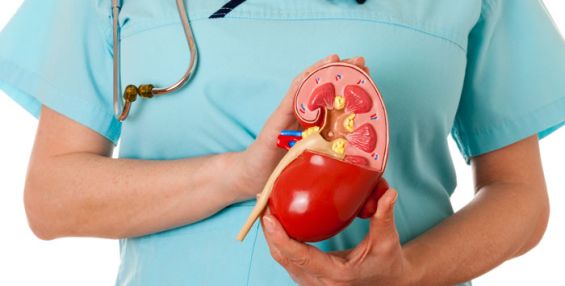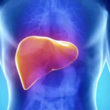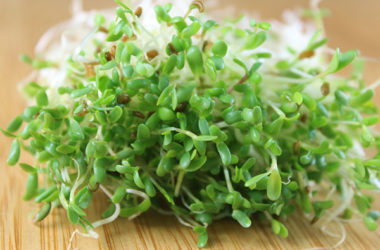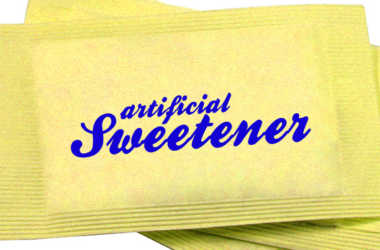The inflammation of one or both kidneys is a condition known as nephritis. Upon encountering the signs and symptoms, which will be discussed here later on, it’s very important to consult a specialist because it can lead to serious complications and even death.
Different Types of Nephritis
Nephritis may involve the inflammation of various structures in and around the kidneys. They include the tubules (long convoluted tubes along which salts and water are reabsorbed into the bloodstream), glomerulus (capillaries found at the end of the tubules where waste products in the bloodstream are filtered), and interstitial renal tissues (spaces found between the tubules).
These are the most common types of nephritis:
- Acute nephritis
- Chronic nephritis
- Interstitial nephritis
- Glomerulonephritis
- Primary glomerulonephritis
- Pyelonephritis
- Lupus nephritis
- Autoimmune nephritis
Signs and Symptoms
If you have nephritis, it’s for certain you’ll be aware of it because of the host of signs and symptoms that come with this very serious kidney condition. One of the clear telltale signs that you are suffering from it is edema — accumulation of fluids in the tissues of the body. Although swelling brought about by edema may be observed all over the body, it is more common in the feet, ankles, legs and hands. Unlike urinary tract infections (UTIs) and kidney stones, pain is rarely one of the symptoms of nephritis.
Other signs and symptoms of the condition include:
- An increase or a decrease in the frequency or urination or amount of urine passed
- Changes in the urine’s color or appearance
- Extreme fatigue and weakness
- Trouble with breathing
- Increased blood pressure
- Presence of blood in the urine
- Skin itchiness
- Nausea and vomiting
Nephritis Treatment
Fortunately, there are numerous treatment methods available for someone who is suffering from nephritis. However, since everyone reacts differently to these treatments, the signs and symptoms may either completely or partially go away. Certain things that determine the success rate of the treatment provided by a specialist include the individual’s age and overall health, severity of the kidney condition, the underlying cause, and the damage inflicted upon the kidneys.
The underlying cause of the condition is usually the one treated in order to put nephritis to a halt. It’s not unlikely for a specialist to prescribe antibiotics to cure the inflammation. In case pain is present, analgesics are commonly administered. Calcium channel blockers are prescribed to someone who has high blood pressure brought about by nephritis. If the kidney condition is due to an autoimmune disorder, the individual may be given corticosteroids and immune-suppressing drugs.
Diet Recommended
In case you have nephritis, one of the most important steps you need to take in order to recover from the condition is to change your diet for the better. Reduction of the amount of salt, phosphorus and protein in your diet has to be done to save the kidneys from being overworked as well as to prevent further complications.
Below are some of the best dietary tips for nephritis:
- Ensure that you drink 8 to 12 glasses of water daily. This will help in removing accumulated toxins in the blood which is very likely to happen due to the state the kidneys are in.
- Consume fresh coconut water. Traditional healers have been recommending coconut water to sufferers of UTIs, kidney stones and other problems with the kidneys for centuries. Coconut water has antimicrobial properties that help in managing inflammation. It also helps increase the production of urine as it has a diuretic effect.
- Drink lots of vegetable juice. Vegetable juice contains very minimal amounts of sugar, and it is loaded with vitamins, minerals and antioxidants that help you recover faster.
- Reduce the consumption of vegetables that are high in protein. They include legumes such as soybeans, sprouted beans, lima beans and green peas.
- Steer clear of anything with too much salt. One of the most important dietary changes that someone with the condition has to do is cut down on the intake of salt. This means that chips, fast food, cured meats and processed food products should be avoided.
- Avoid foods that contain phosphorus and oxalic acid. Some examples of foods with phosphorus are: beans, peas, nuts, yogurt and milk. Examples of foods containing oxalic acid include: rhubarb, spinach, chocolates and other food products containing cocoa.
- Add fruits to your diet. Because there are a lot of foods that should be avoided by someone with nephritis, adding fruits can make every meal more appetizing. Load up on avocados, bananas, papayas, peaches and oranges. Eat grapes because they are rich in water and possess diuretic properties.




